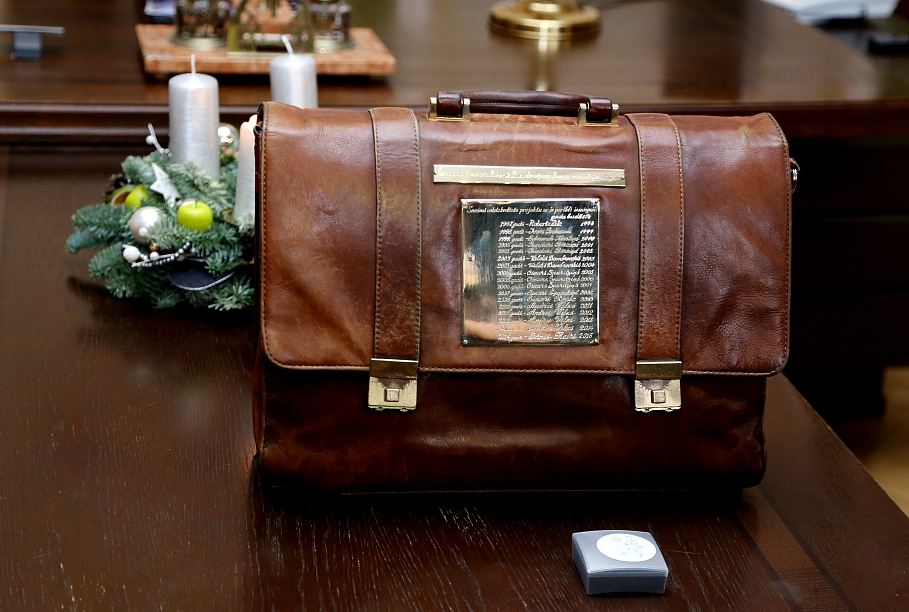Straujuma said that ministers had agreed in principle on extra revenue in the 2016 state budget, except no agreement could be reached on raising gambling tax and the matter would be discussed at one of the government's next meetings.
In order to balance up the current taxes and duties with the inflation and wage growth pace, and the increasing turnover of the gaming business, it was suggested that gambling taxes and duties be increased by 4 percent to 5.5 percent next year.
Straujuma said, however, that such a steep increase could not be supported.
The government also agreed yesterday to cut all ministries' budgets 3 percent next year, except for the budgets of the Defense Ministry, Interior Ministry, Education and Science Ministry, and Health Ministry. "The Defense Ministry and Interior Ministry are the happiest with the 2016 state budget," added the premier.
At the same time, Straujuma claimed that ministries would not be left with less money than they have now. "No ministry will be affected as the overall state budget revenue will increase next year," she said.
One of the proposals approved by the government in principle on Tuesday is to increase automobile tax rate by 7.4 percent, and to postpone altering the vehicle operation tax until 2017.
It has also been suggested to introduce a so-called solidarity tax from next year - a progressive tax levied on high earners - and to apply value added tax to housing management services, as well as to revise VAT exemptions for cultural events.
The government also supported in principle setting the share of dividends that state companies have to pay into the state budget at 90 percent of net profit in 2016, 75 percent in 2017 and 70 percent in 2018.
Another proposal concerns applying excise tax to electronic cigarettes and to increase the excise tax on smoking tobacco and tobacco leaves to EUR 58 per kilogram from January 1 next year, EUR 60 from 2017 and EUR 62 per kilogram from January 1, 2018.
Another suggestion concerns increasing excise tax on oil products and alcoholic beverages. The government will also consider introducing mandatory minimum social contributions during a period of three years until 2018.
As a result, the government agreed on Tuesday that the Defense Ministry's budget next year would increase about EUR 68 million so defense spending would amount to 1.4 percent of the gross domestic product.
The Interior Ministry's budget will also increase, and additional EUR 12 million will be allotted to the Health Ministry. As for additional funds for the Education and Science Ministry, the amount will be determined once the new teachers' remuneration system is approved.
If the new teachers' remuneration system is passed before the government votes on the 2016 budget, the funds for the system will be envisaged in the budget. If not, the system will be financed with the government's emergency funds, explained Straujuma.
According to Straujuma, the government is planning to pass the general budget framework already this month, so the technical budget could be prepared in two to three weeks and the government would vote on it on September 30. She also said that the budget deficit was still projected at 1 percent next year, and GDP growth at 3 percent.
































